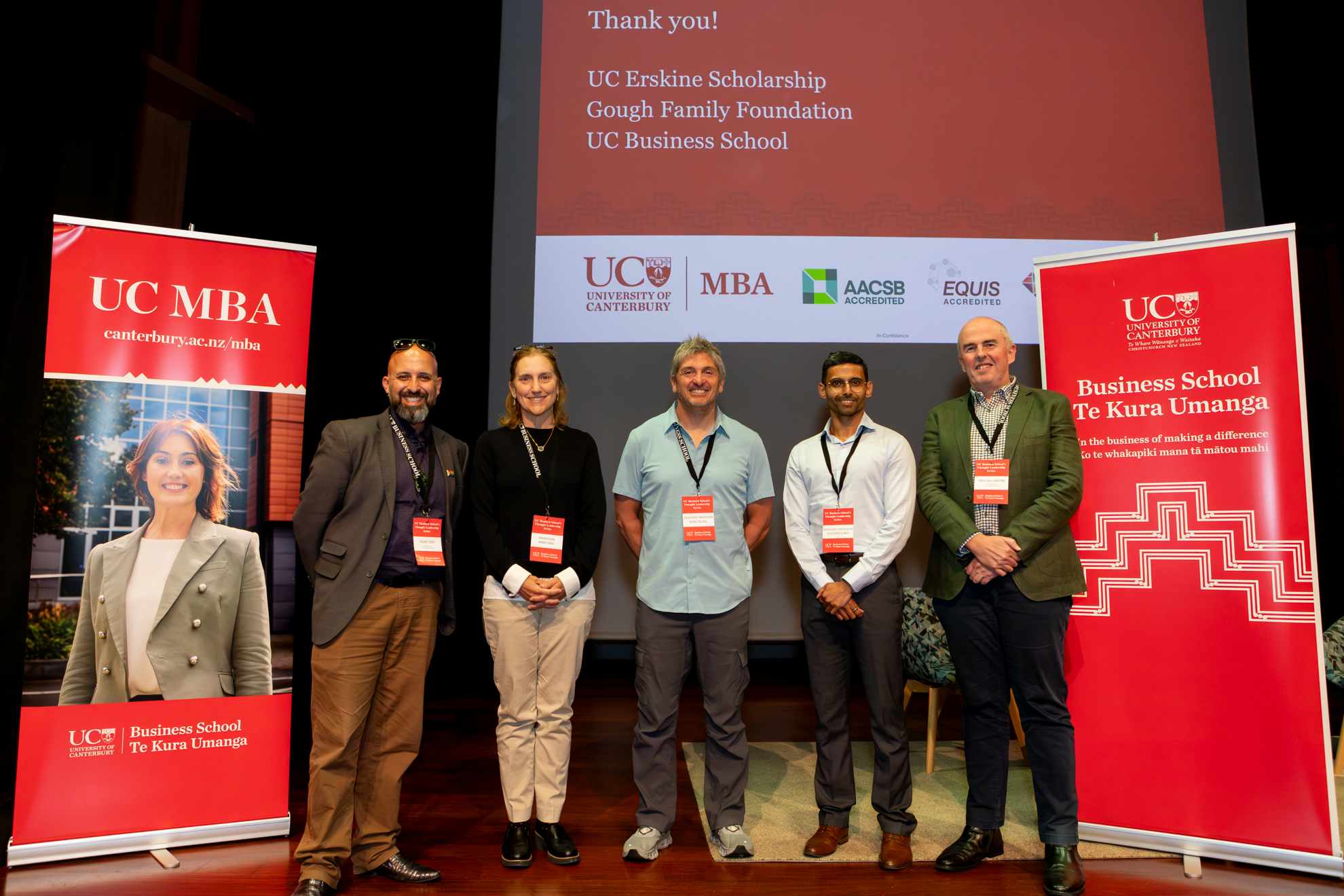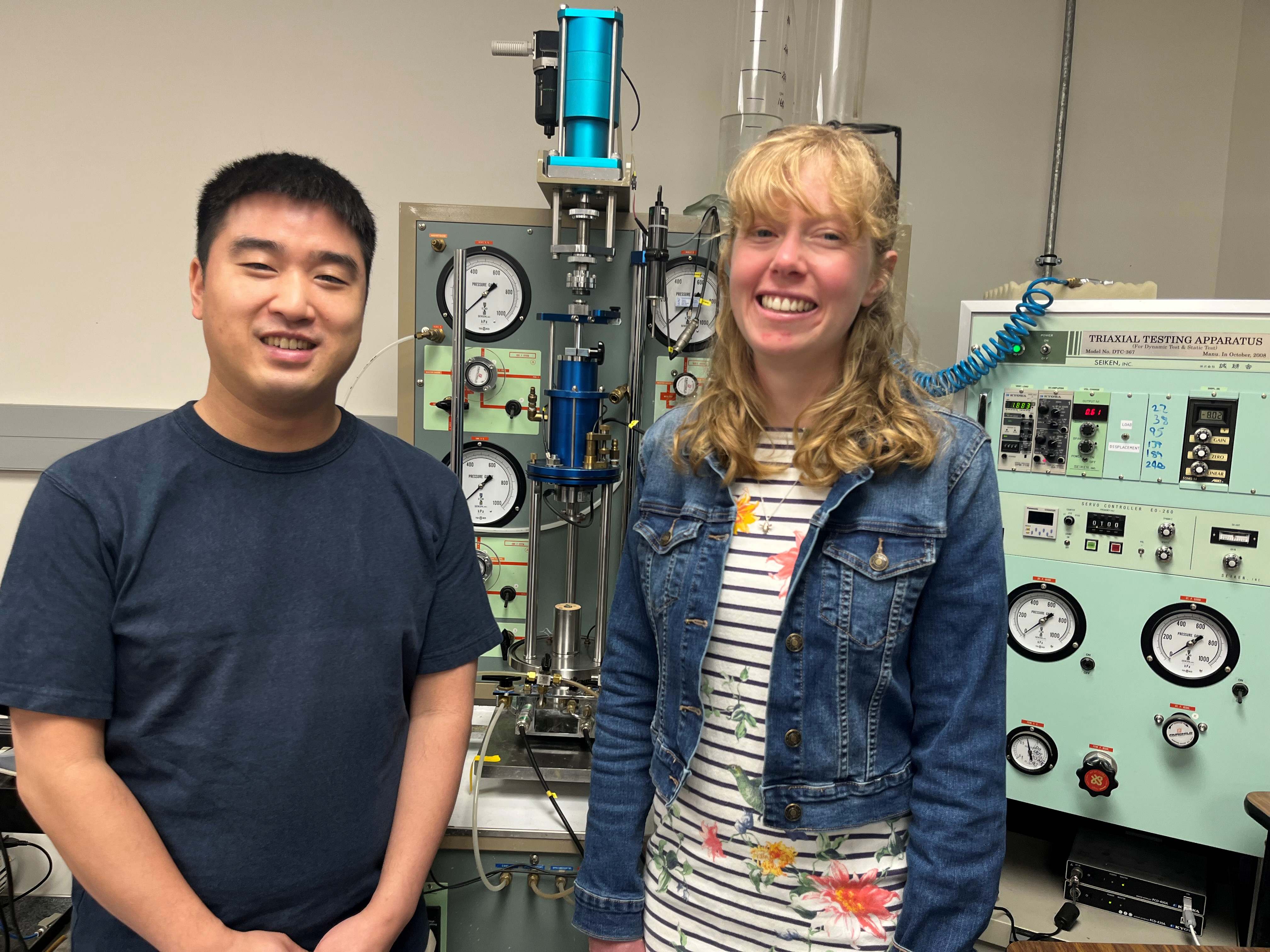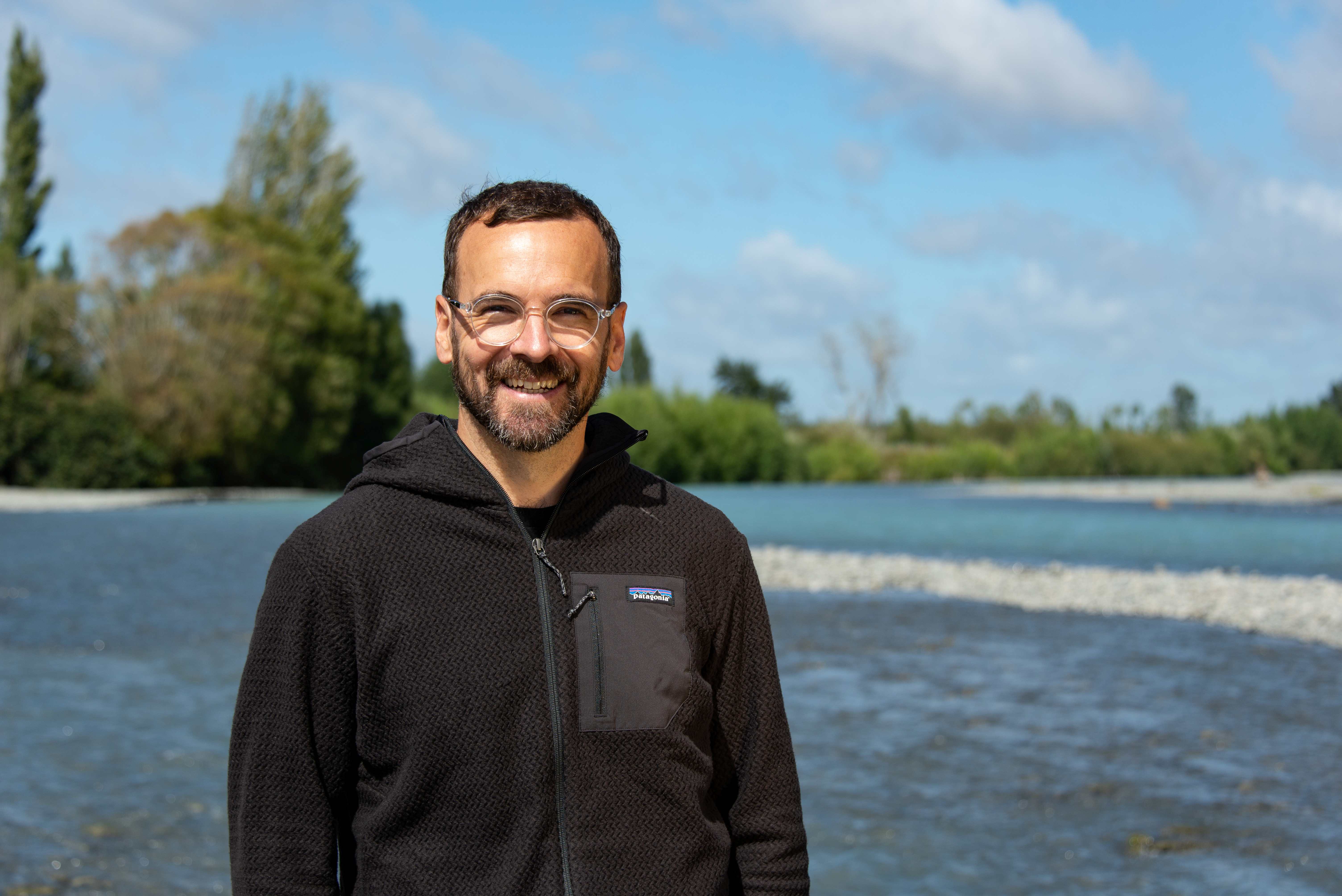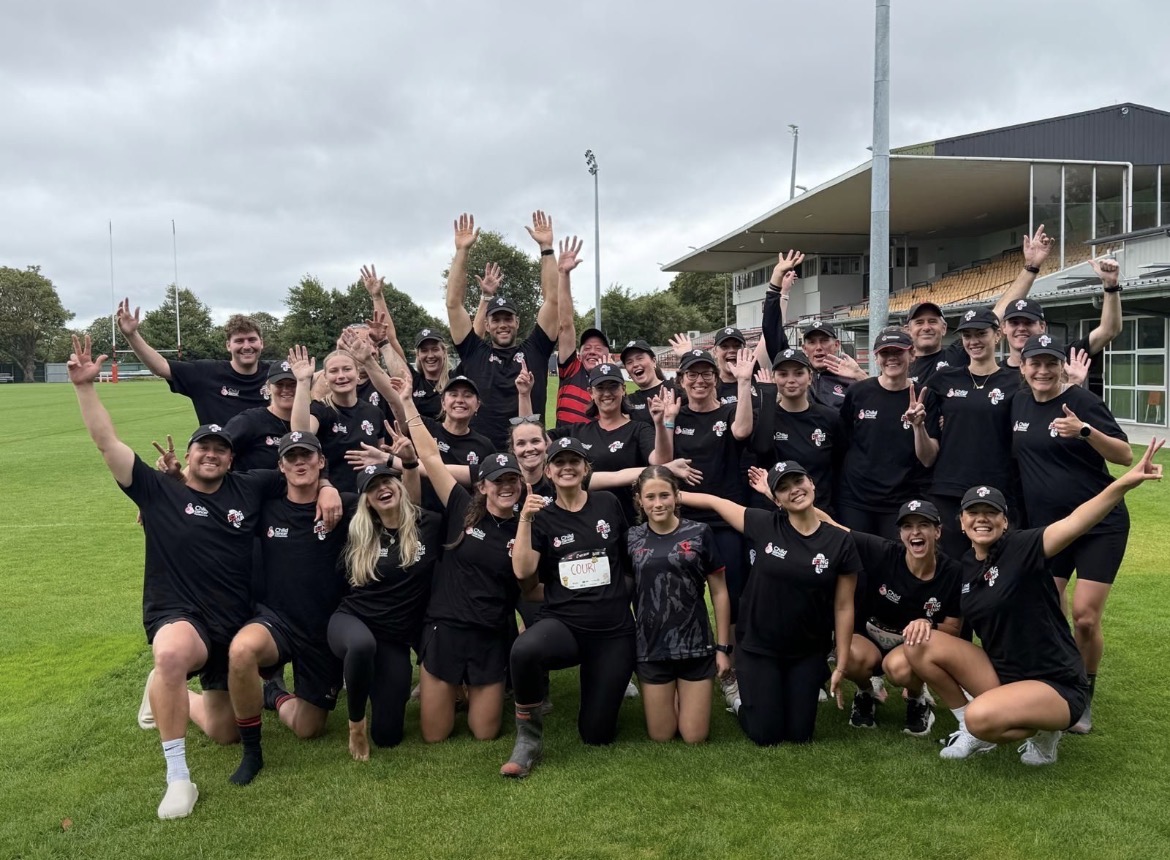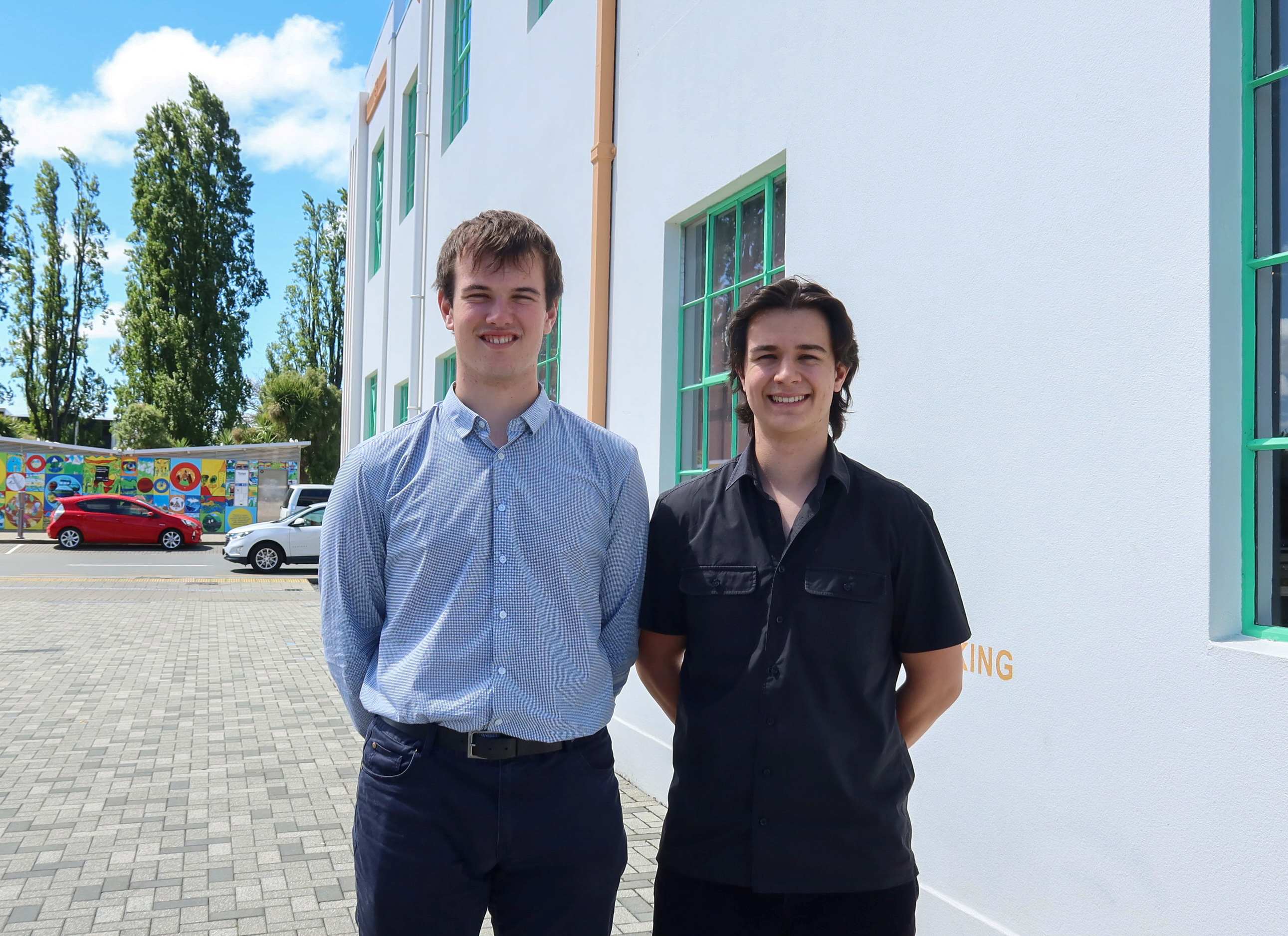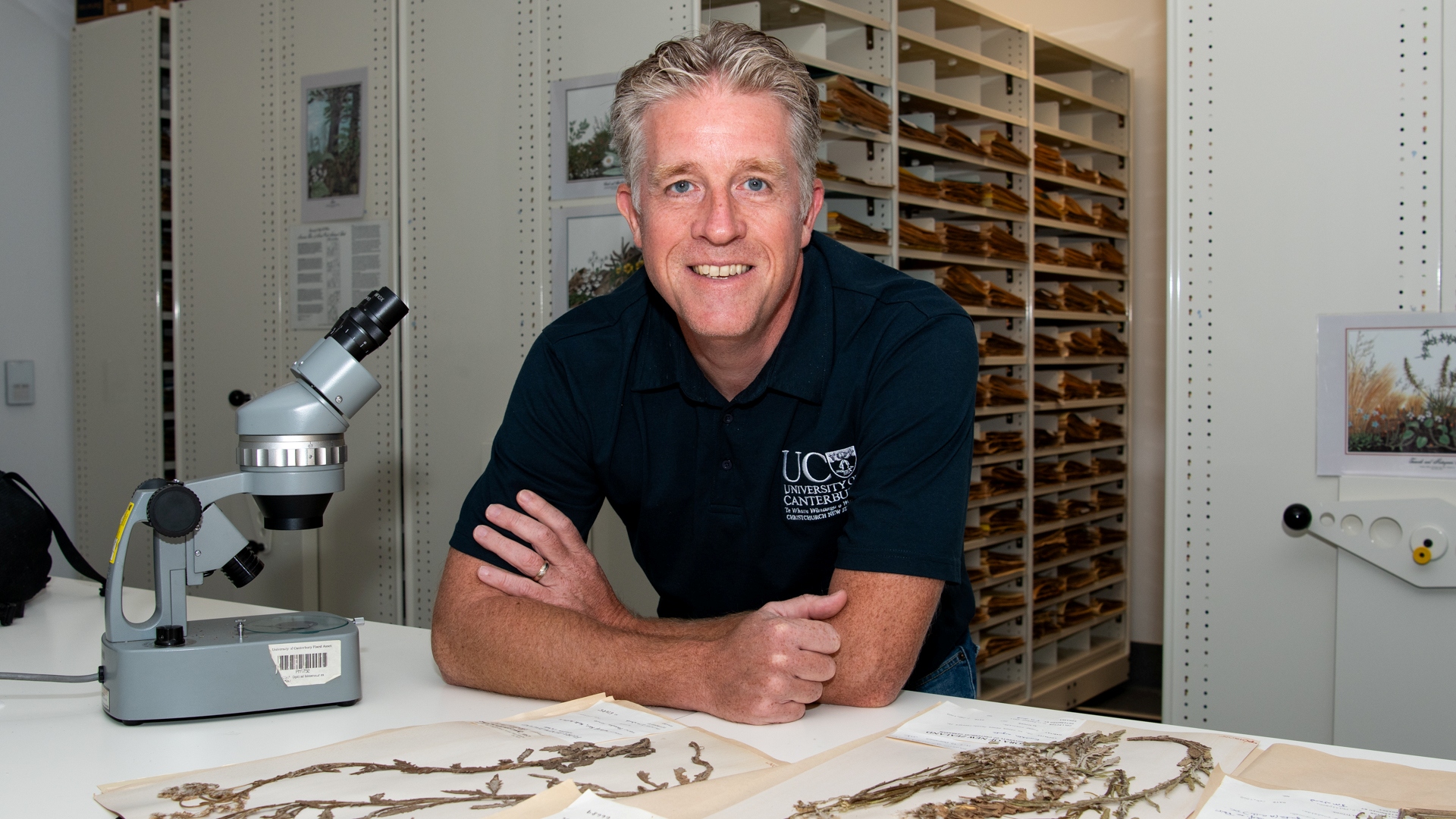The same technology could also be used for drug testing, food safety, and winemaking quality control, offering broad potential benefits across health and industry.
Lead researcher Professor Renwick Dobson, from Te Whare Wānanga o Waitaha | University of Canterbury says the technology could generate up to $371 million a year for New Zealand companies. “We want to make it possible for people to get accurate results quickly, whether it’s checking for early signs of Alzheimer’s disease, carrying out roadside drug testing, or monitoring fermentation in winemaking.”
The project brings together experts in engineering, chemistry, and biology from across the country. Their aim is to create portable, easy-to-use devices that can be used on-site without needing expensive labs or long processing times.
The team is designing microfluidic chips that control fluid movement without the need for complex machinery, and electrochemical sensors that can deliver wireless readouts. In other words, they're building tiny, smart devices that can detect specific things in fluids, without needing bulky equipment, with the ability to send that data wirelessly.
“We’re also engineering custom bioreceptors to detect very specific compounds linked to diseases, drugs, and wine flavour profiles,” says Professor Dobson.
The research is carried out across industries to ensure it can meet the needs of each group.
“We’re co-developing solutions alongside the people who will use them, to make sure they’re practical and reliable.”
The project is also focussed on future-proofing, with 13 early-career researchers being mentored in the latest biosensor and microfluidic technologies.
“It’s not just about this platform, it’s about building the capability for New Zealand to keep leading in this space,” says Professor Dobson.
The researchers believe their platform could transform multiple industries, making testing faster, cheaper, and more accessible for everyone.
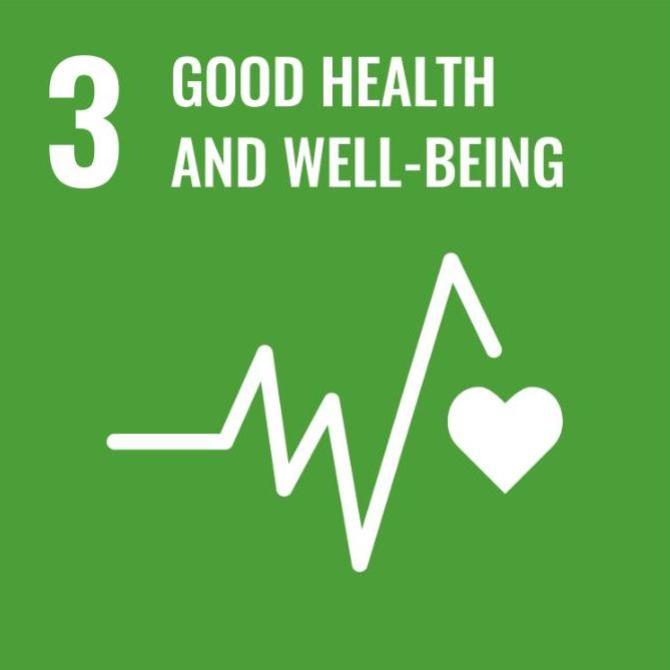 Sustainable Development Goal (SDG) 3 - Good health and wellbeing.
Sustainable Development Goal (SDG) 3 - Good health and wellbeing.


